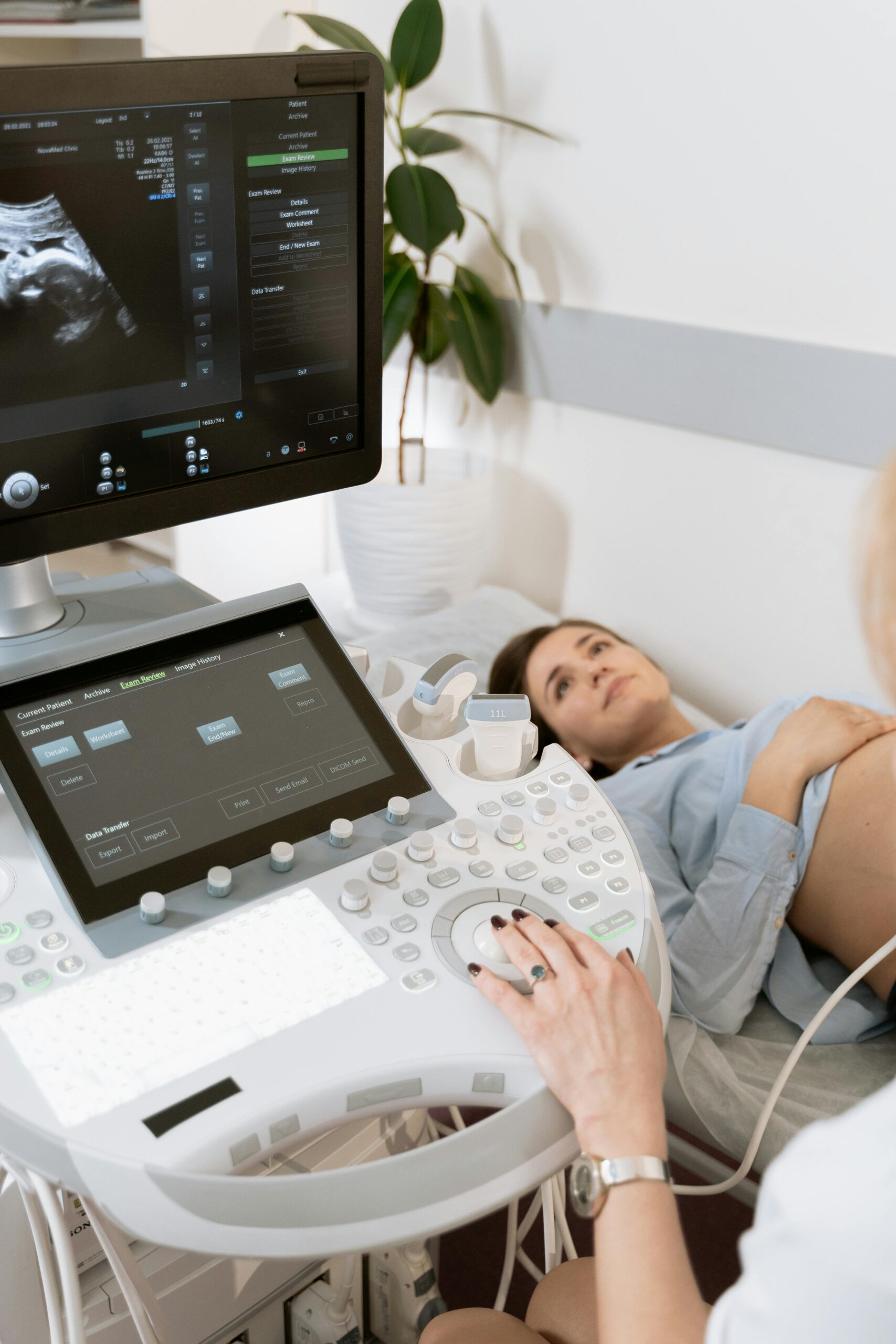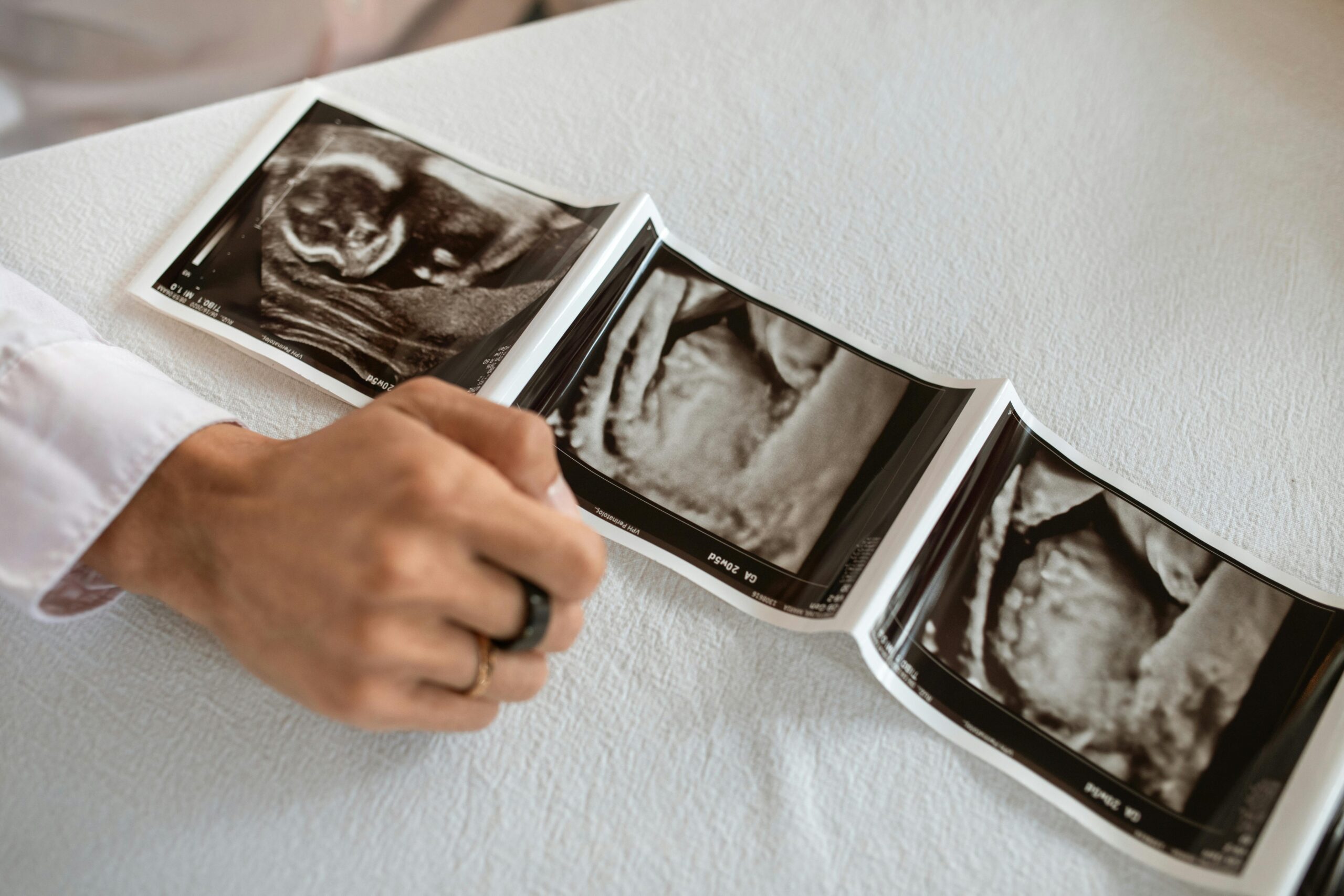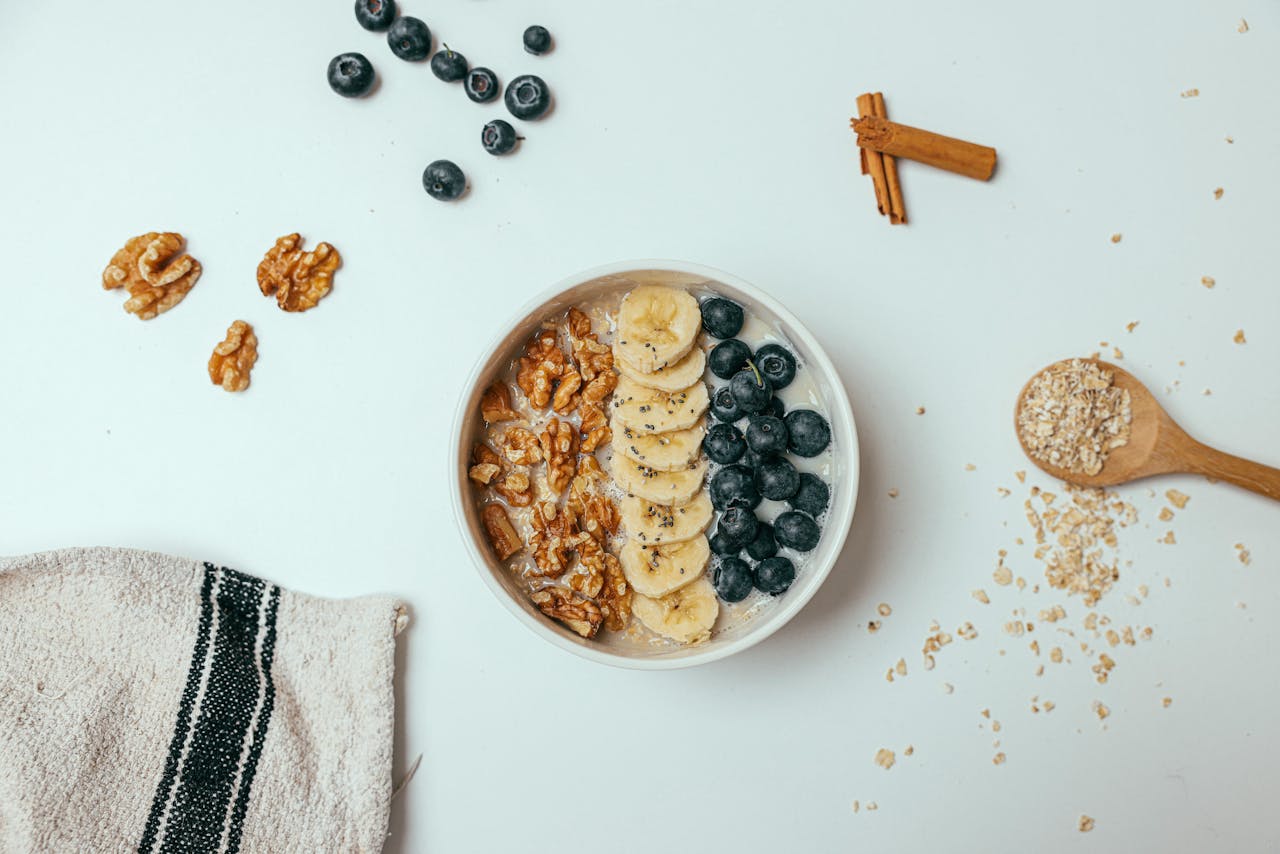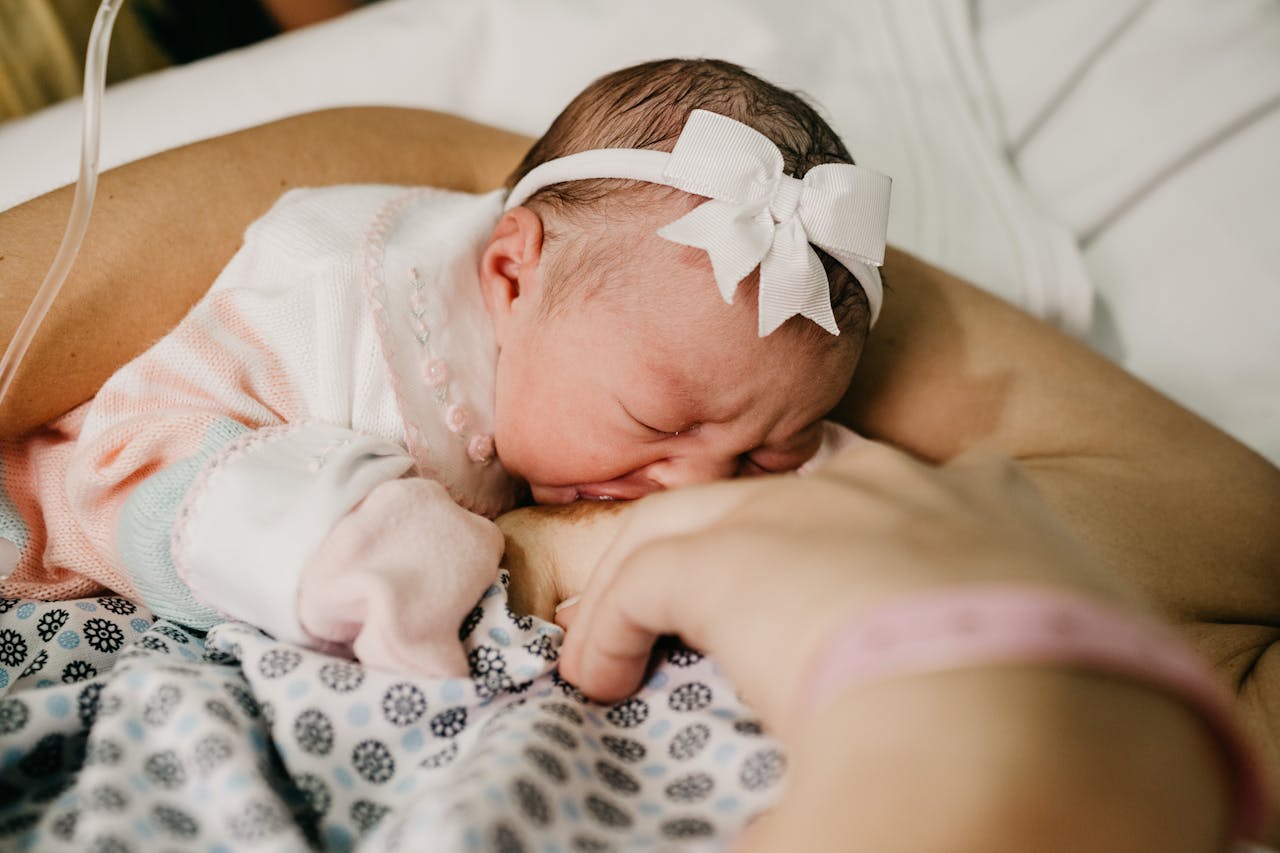Is coffee Safe while pregnant?
I am a coffee addict—I just love coffee! But during pregnancy, I found out that my favorite drink could be a little harmful. So, I decided to do some research to answer the big question: Is it safe to drink coffee during pregnancy? In this blog, I’ll share my own experience and the insights I’ve gathered. Let’s explore together whether coffee is truly safe during pregnancy and what you can do if, like me, you can’t imagine a day without it
Things we need to know to answer this question
- How Does Caffeine Affect Pregnancy?
- Recommended Caffeine Intake During Pregnancy
- Potensial Risks Of Excessive Caffeine During Pregnancy
-
Benefits Of Limiting Caffeine
-
Decaffeinated Coffee: A Good Alternative?
-
Practical Tips for managing caffeine Intake During Pregnancy
- Other Safe Beverage Choices During Pregancy.
- Managing Coffee Cravings During Pregnancy
How Does Caffeine Affect Pregnancy?
Caffeine is a stimulant that affects the central nervous system, helping people stay alert and energized. However, during pregnancy, caffeine’s effects extend to both the mother and the baby. Here’s why:
- Placental Crossing: Caffeine can pass through the placenta, meaning your baby will receive it directly from your bloodstream. Since a developing fetus’s metabolism is slower and less efficient, caffeine remains in the baby’s system for a longer period.
- Fetal Development: The liver of an unborn baby is still developing, which makes it harder for the fetus to break down caffeine. High levels of caffeine in the baby’s system could potentially affect growth and development, particularly in the early stages of pregnancy.
Recommended Caffeine Intake During Pregnancy
According to medical experts, including the American College of Obstetricians and Gynecologists (ACOG) and other health organizations, pregnant women should limit their caffeine intake to no more than 200 milligrams (mg) per day. This amount is roughly equivalent to one 12-ounce cup of coffee.
Here’s how common beverages compare in caffeine content:
- 8 oz. brewed coffee: 95 mg of caffeine
- 8 oz. instant coffee: 60-80 mg of caffeine
- 8 oz. tea (black): 47 mg of caffeine
- 12 oz. caffeinated soft drink: 30-40 mg of caffeine
- 8 oz. energy drink: 70-100 mg of caffeine (but these often contain other stimulants and are generally discouraged during pregnancy)
It’s essential to note that caffeine isn’t just found in coffee. Other sources include tea, soft drinks, energy drinks, chocolate, and some medications like pain relievers and cold remedies. Make sure to count all sources of caffeine to stay within the recommended limit.
Potential Risks of Excessive Caffeine During Pregnancy
While moderate caffeine consumption is considered safe, excessive intake can lead to potential risks for both the mother and the baby:
-
Increased Risk of Miscarriage: Some studies suggest that high caffeine intake (more than 300 mg per day) could increase the risk of miscarriage in the early stages of pregnancy. However, findings on this are mixed, and more research is needed.
-
Low Birth Weight: High levels of caffeine consumption during pregnancy may be associated with low birth weight, which can increase the risk of health problems for the baby later in life.
-
Preterm Birth: Although the evidence is not conclusive, some research has suggested that excessive caffeine intake could be linked to premature birth.
-
Disrupted Sleep: Pregnant women may find that even moderate amounts of caffeine make it harder to sleep, especially in the later stages of pregnancy when sleep can already be challenging due to physical discomfort.
Benefits of Limiting Caffeine
By keeping your caffeine intake within the recommended limits, you can avoid potential risks and benefit from better overall health during pregnancy. Some benefits of reducing caffeine include:
- Improved Sleep Quality: Less caffeine means a better chance of getting the rest you need, which is essential for both you and your growing baby.
- Reduced Heartburn: Caffeine can relax the esophageal sphincter, increasing the likelihood of heartburn, a common pregnancy complaint. Cutting back on coffee can help alleviate this.
- Lower Blood Pressure: Caffeine can cause temporary spikes in blood pressure. For pregnant women, particularly those at risk of gestational hypertension or preeclampsia, this can be an additional concern.
Decaffeinated Coffee: A Good Alternative?
Decaffeinated coffee can be an excellent alternative for those who want to enjoy the taste of coffee without the risks associated with caffeine. While decaf coffee isn’t entirely caffeine-free, it contains significantly less caffeine than regular coffee — about 2 to 5 mg per 8-ounce cup.
It’s important to note that decaffeinated coffee may still contain trace amounts of caffeine, so it’s important to account for that if you’re also consuming other caffeinated products throughout the day. However, for most people, decaf coffee is a safe option during pregnancy.
Practical Tips for Managing Caffeine Intake During Pregnancy
If you’re used to drinking coffee daily, cutting back can be challenging. Here are some practical tips for managing your caffeine intake while still enjoying your favorite beverages:
- Switch to Smaller Cups: Instead of having a large cup of coffee, opt for a smaller serving. This can help you cut back on caffeine without feeling deprived.
- Try Half-Caf: Gradually reduce your caffeine intake by mixing regular coffee with decaf. This can help you adjust to a lower caffeine intake over time.
- Stay Hydrated: Drink plenty of water throughout the day to stay hydrated. Often, fatigue during pregnancy is due to dehydration, and staying well-hydrated can help combat tiredness.
- Explore Caffeine-Free Options: Herbal teas like chamomile or rooibos, as well as other caffeine-free beverages, can be soothing alternatives to coffee.
Other Safe Beverage Choices During Pregnancy
Aside from decaffeinated coffee, there are several other beverage options that are both satisfying and safe during pregnancy:
- Herbal teas (caffeine-free): Options like chamomile, ginger, and peppermint tea can help with nausea, indigestion, and relaxation.
- Fruit-infused water: Add slices of lemon, cucumber, or berries to water for a refreshing, healthy drink.
- Milk or dairy alternatives: These are rich in calcium and other nutrients essential during pregnancy.
- Fresh smoothies: A nutrient-packed smoothie can provide vitamins and minerals while keeping you hydrated.
Moderate caffeine consumption is generally considered safe during pregnancy, but it’s important to stay within the recommended limit of 200 mg per day. Paying attention to all sources of caffeine — not just coffee — will help ensure you and your baby’s health. If you’re concerned about your caffeine intake or how it may affect your pregnancy, consult your healthcare provider for personalized advice.
By being mindful of your caffeine consumption, you can still enjoy your cup of coffee while supporting a healthy and balanced pregnancy.
Welcome to A Mug Of Coffee
I am a mom with a young child, and I love coffee. Being a new mom was really hard, and I went through a lot. That’s why I created a special coffee to help other pregnant women, those trying to get pregnant, and new moms who are struggling. I love coffee so much that I’ve done a lot of research on it and can talk about it for hours. Whether you’re a mom or just love coffee, I think you’ll find something you like. Enjoy!







